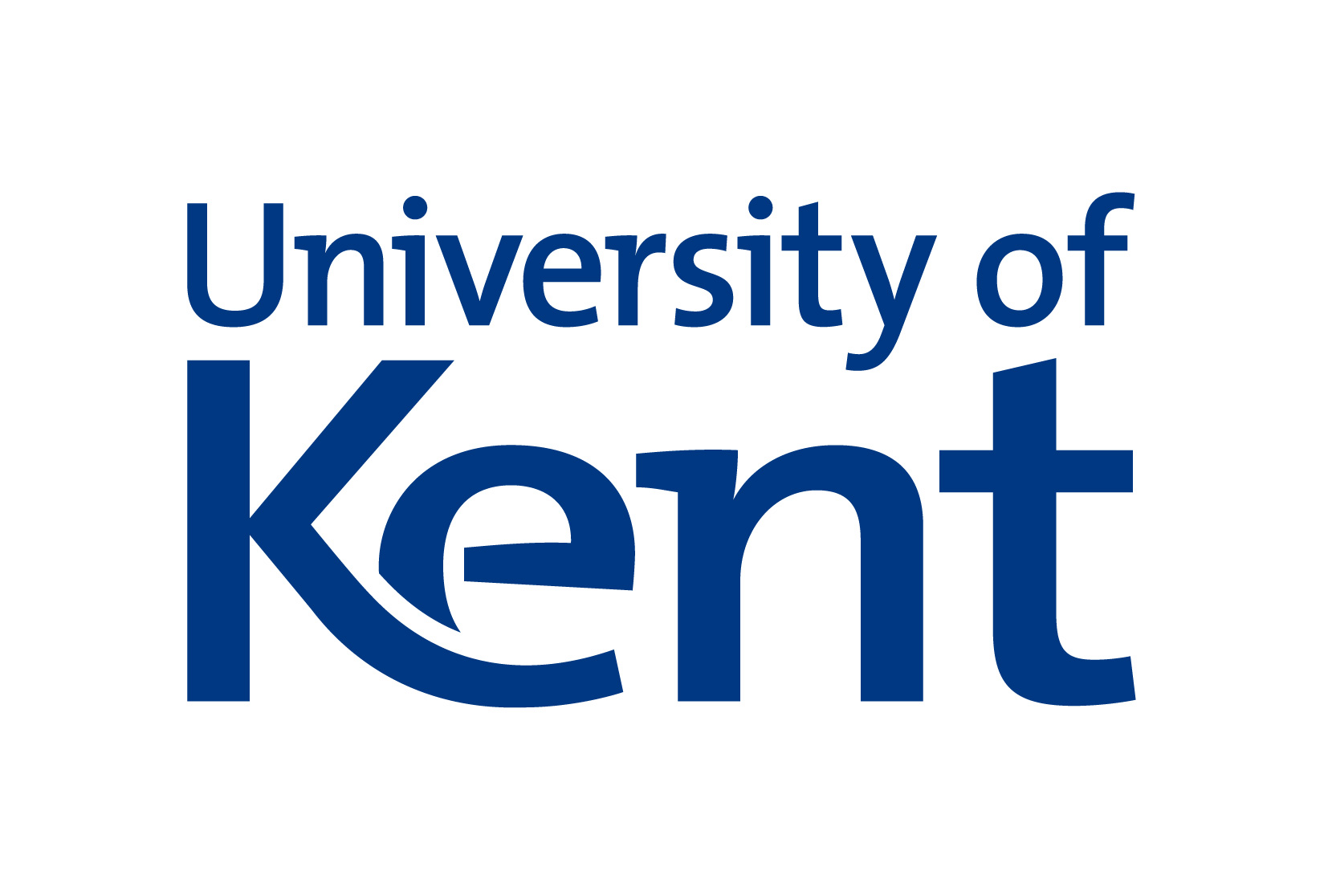About Biotechnology And Bioengineering - Msc in University of Kent
This is coupled with rigorous practical training in the design, production and characterisation of biomolecules using state-of-the-art biotechnological and bioengineering analytical and molecular technologies.
You acquire practical, academic and applied skills in data analysis, systems and modelling approaches, and bioinformatics, together with transferable skills in scientific writing, presentation and public affairs. On successful completion of the programme, you will be able to integrate these skills to develop novel solutions to modern biotechnological issues from both academic and industrial perspectives.
The School of Biosciences is among the best-funded schools of its kind in the UK, with current support from the BBSRC, NERC, MRC, Wellcome Trust, EU, and industry. It has 40 academic staff, 56 research staff (facility managers, research fellows, postdoctoral researchers and technicians), approximately 100 postgraduate students and 20 key support staff. The school's vibrant atmosphere has expanded to become a flourishing environment to study for postgraduate degrees in a notably friendly and supportive teaching and research environment.
Research in the School of Biosciences revolves around understanding systems and processes in the living cell. It has a strong molecular focus with leading-edge activities that are synergistic with one another and complementary to the teaching provision. Our expertise in disciplines such as biochemistry, microbiology and biomedical science allows us to exploit technology and develop groundbreaking ideas in the fields of genetics, molecular biology, protein science and biophysics. Fields of enquiry encompass a range of molecular processes from cell division, transcription and translation through to molecular motors, molecular diagnostics and the production of biotherapeutics and bioenergy.
In addition to research degrees, our key research strengths underpin a range of unique and career-focused taught Master’s programmes that address key issues and challenges within the biosciences and pharmaceutical industries and prepare graduates for future employment.
Academic qualification equivalents
-
For entry to a Kent postgraduate degree programme (Master’s), Indian students typically need to have completed a three or four-year undergraduate degree (Honours Bachelor degree or Professional degree) at an accredited university or college. General Bachelor degrees may sometimes be considered. Exact requirements will depend on the postgraduate degree you are applying for and the institution you have studied at.
English language requirements
- IELTS : 6.5 overall (with a minimum of 6.0 in R&W; 5.5 in S&L)
- TOEFL IBT: 90 overall (with a minimum of 22 in R; 21 in W; 17 in L; 20 in S
- PTE: 62 overall with 60 in each subtest
Highlights
| Establishment Year |
1965 |
| Location |
Canterbury, England |
| University Type |
Public |
| Campus Setting |
Rural |
| Student Enrollment |
19,860 |
| Endowment |
£ 5.528 million |
| Mode of Program |
Full time, distance and online |
| Financial Support |
Available |
| Campus Housing |
Available |
University of Kent Cost of Attendance
| Expenses |
Estimated cost (in GBP) |
| Undergraduate Fee |
15,200-18,400 |
| Postgraduate Fee |
16,000-19,000 |
| Average cost of living |
12,968 |
